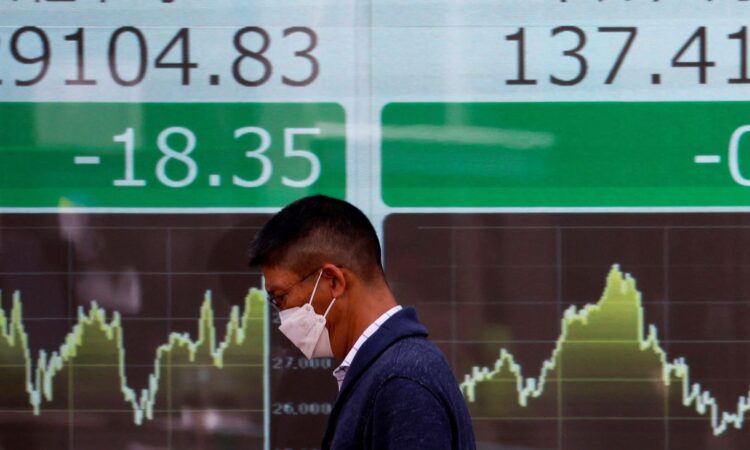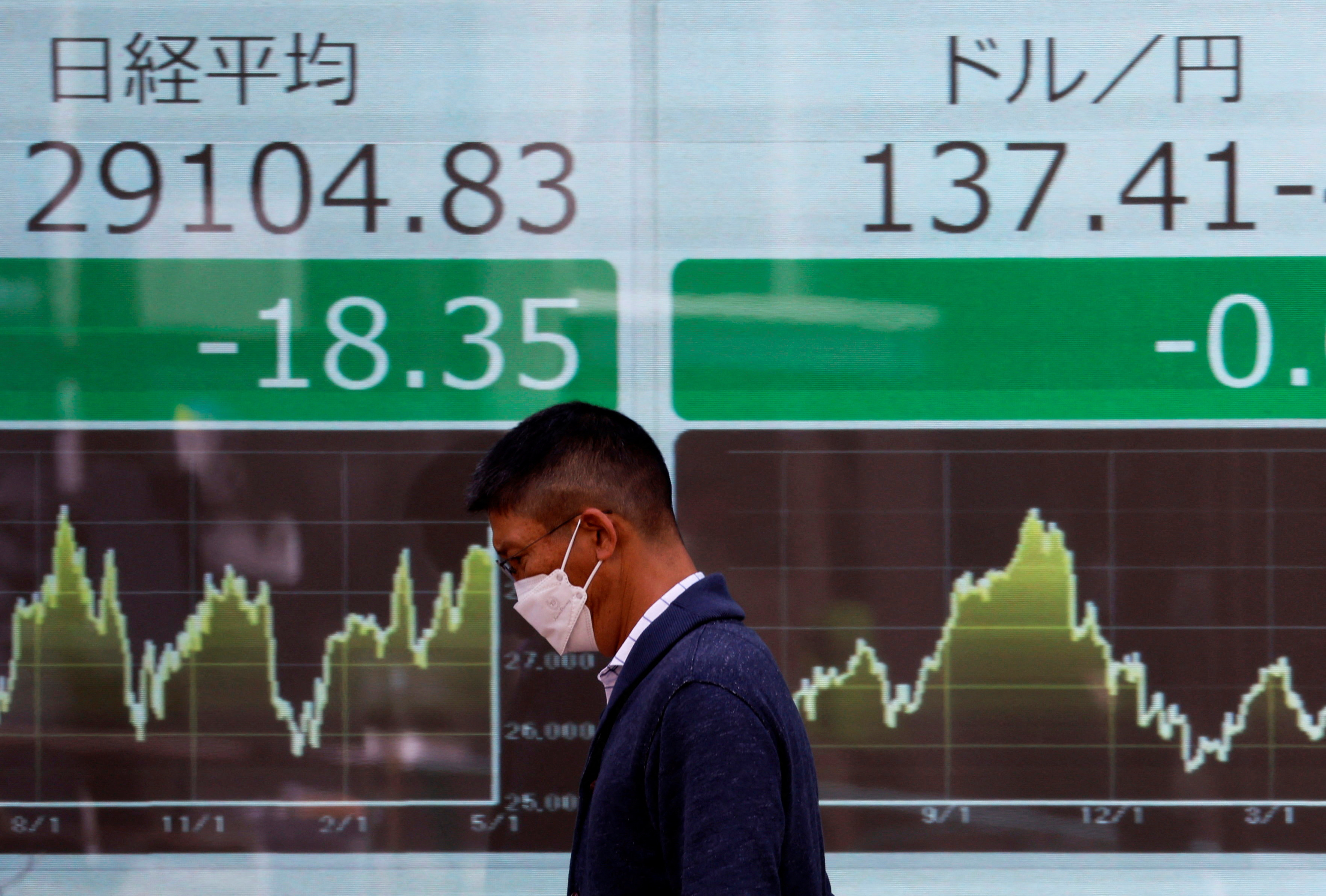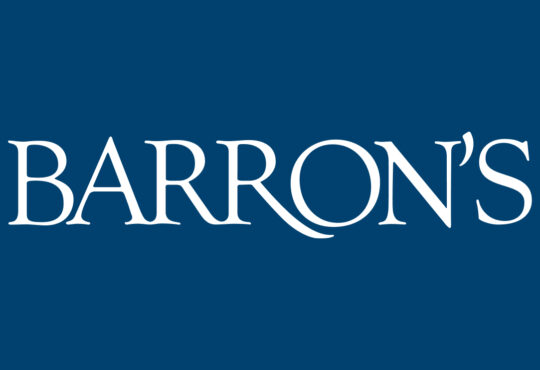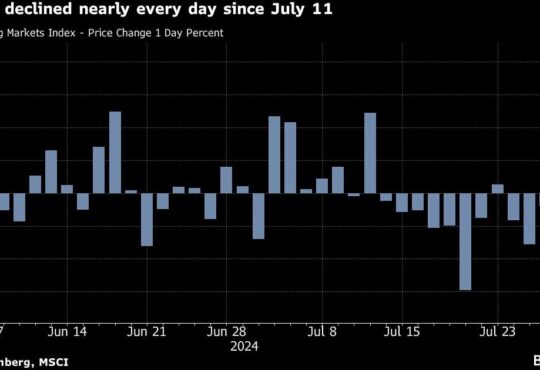

A man walks past an electric monitor displaying Nikkei share average and the Japanese yen exchange rate against the U.S. dollar outside a brokerage in Tokyo, Japan May 2, 2023. REUTERS/Issei Kato Acquire Licensing Rights
SYDNEY, Aug 28 (Reuters) – Asian shares crept higher on Monday as China announced new measures to support its ailing markets, though the mood was cautious ahead of readings on U.S. jobs and inflation could decide whether interest rates have to rise again.
Beijing on Sunday announced it would halve the stamp duty on stock trading in the latest attempt to boost the struggling market and revive investor confidence.
The help was needed given profits at China’s industrial firms fell 6.7% in July from a year earlier, extending this year’s slump to a seventh month.
Chinese blue chips (.CSI300) shed 2% last week to hit its lows for the year so far, and all eyes will be on the official PMI for August out on Thursday.
MSCI’s broadest index of Asia-Pacific shares outside Japan (.MIAPJ0000PUS) firmed 0.2%, having eked out minor gains last week to break a three-week losing streak.
Japan’s Nikkei (.N225) rose 0.9%, underpinned in part by the persistent weakness of the yen.
S&P 500 futures edged up 0.1% and Nasdaq futures 0.2%, extending last week’s modest rise.
The market did manage to weather a slightly hawkish outlook from Federal Reserve Jerome Powell, who reiterated they might have to raise rates again but promised to move “carefully”.
“We take this to mean that the FOMC does not intend to hike at the September meeting,” wrote analysts at Goldman Sachs.
“We continue to expect that the FOMC will ultimately decide that further policy tightening is unnecessary, making the hike at the July FOMC meeting the last of the cycle.”
Futures imply around an 80% chance of a steady outcome at the Sept. 20 meeting, and a 54% probability of a hike by year end.
DOWNSIDE RISK ON JOBS
Much will depend on the flow of U.S. data which had been running hot until a batch of manufacturing surveys last week pointed to a slowdown both at home and abroad.
That raised the stakes for this week’s ISM survey on manufacturing, along with reports on payrolls, core inflation and consumer spending.
Median forecasts are for payrolls to rise 170,000 in August with a steady jobless rate of 3.5%.
Analysts at JPMorgan cautioned that job gains could be depressed by the entertainment industry strike in Hollywood and are tipping an increase of just 125,000.
Figures on EU inflation this week may also be instrumental in whether the European Central Bank decides to hike next month.
The market is evenly split on whether there will be another rise in the 3.75% rate, with ECB President Christine Lagarde on Friday emphasising that policy needed to be restrictive.
This was a common theme among western central banks with Bank of England Deputy Governor Ben Broadbent over the weekend saying rates might have to stay high “for some time yet.”
The odd man out was Bank of Japan Governor Kazuo Ueda who on Friday reiterated the need for policy to stay super loose.
That divergence kept the yen under pressure and early Monday the dollar was firm at 146.50 , within a whisker of Friday’s near 10-month top of 146.64. The euro was close to its highest since October last year at 158.27 yen .
The single currency has had less luck on the dollar, which gained broad support from higher Treasury yields, and stood at $1.0801 having slipped for six weeks in a row.
Yields on U.S. two-year notes were up at 5.090% after touching their highest since early July on Friday.
High yields and a strong dollar have been a headwind for gold which was idling at $1,915 an ounce .
Oil prices drew some support from a sharp rise in U.S. diesel prices, though concerns about Chinese demand remains a drag.
Brent edged up 33 cents to $84.81 a barrel, while U.S. crude rose 39 cents to $80.22 per barrel.
Reporting by Wayne Cole;
Editing by Shri Navaratnam
Our Standards: The Thomson Reuters Trust Principles.





